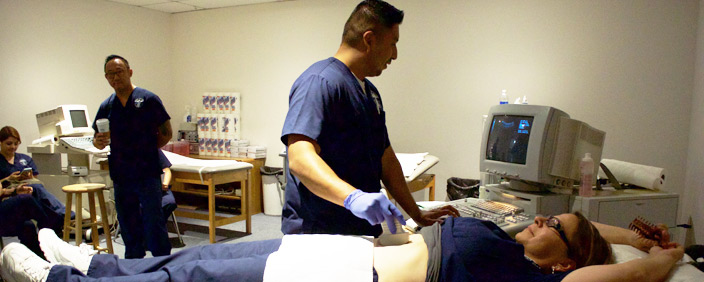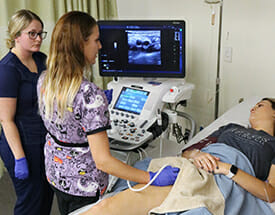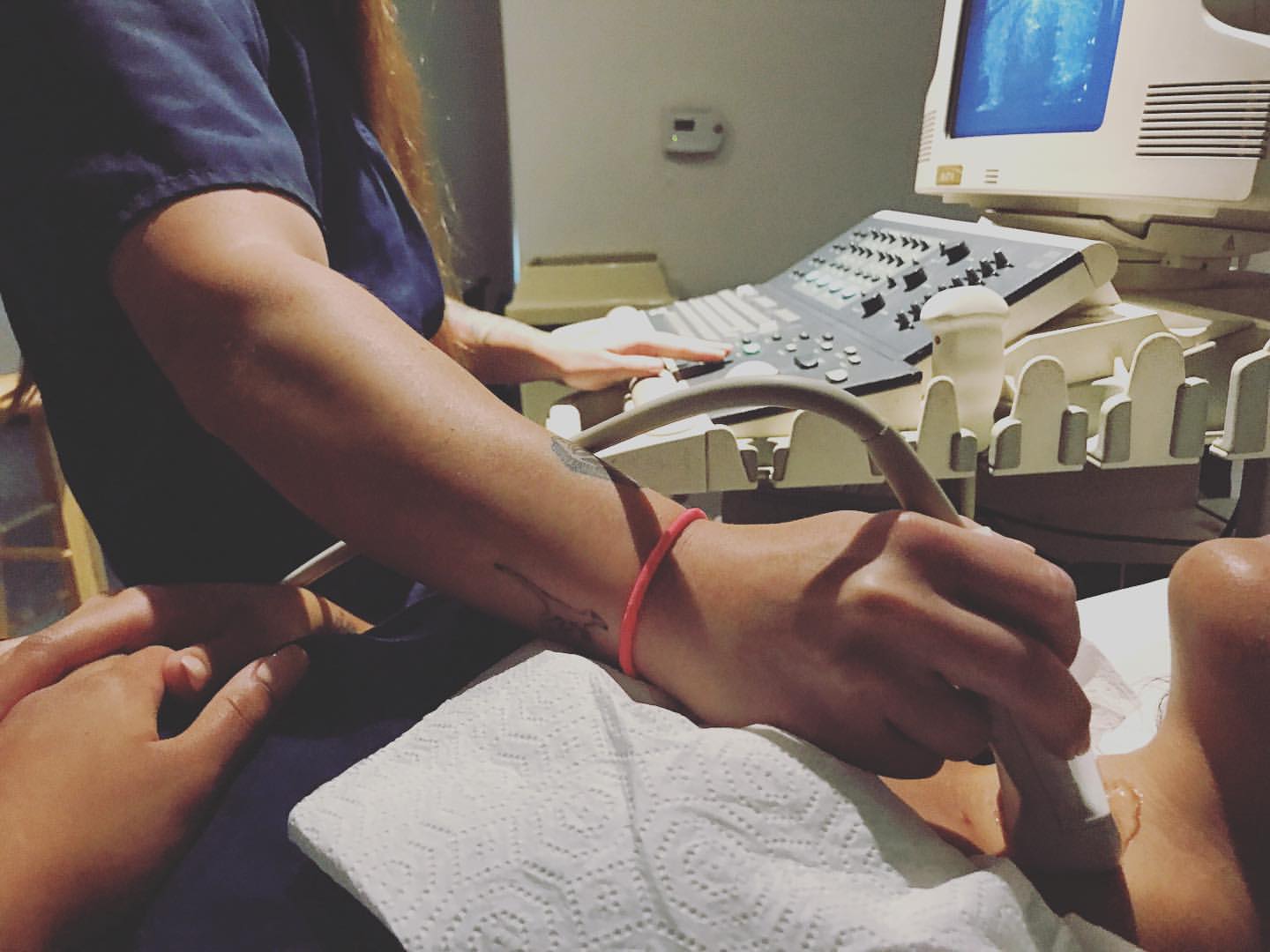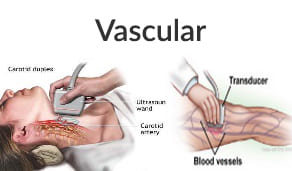Top Notch Tips About How To Become A Vascular Technologist
/487737217-57a505d53df78cf4596418ba.jpg)
You will need a high school diploma or ged equivalent to qualify for an undergraduate degree.
How to become a vascular technologist. If becoming a vascular technologist is what you are searching for, then your best bet is to obtain a american registry for diagnostic medical sonography) you must have completed at least an. You can pursue a registered vascular technologist (rvt) designation from the american registry of diagnostic medical sonographers, which consists of an exam testing your. When we researched the most common majors for a vascular technician, we found that they most commonly earn associate degree degrees or bachelor's degree degrees.
The entry point towards a career as a vascular technologist is an associate’s or bachelor’s degree in vascular technology. A minimum of an associate's degree in the field is required to become a vascular technologist, and most us states also require certification by examination through the state's Advance in your sonographer career.
Cardiovascular technologists in some states must be licensed or certified to. Up to 20% cash back cardiovascular technologist education requirements. The most common jobs before becoming an ultrasound technologist.
To obtain the rvt certification, you must meet the examination prerequisites and pass the vascular technology (vt) specialty examination and the sonography principles &. The qualifications that you need to become a vascular interventional technologist include a degree and specialized training. Most cardiovascular technologists have an associate degree or a postsecondary certificate from.
These are the steps to follow to become a vascular technologist: Those who are already working in related medical fields but wish to. Vascular technologists enjoy a high level of independence in the field, working closely with radiologists, cardiologists, and vascular surgeons in the diagnosis and treatment of vascular.
These are the steps to follow to become a vascular technologist: You can become a vascular technologist by completing a training program at a community college or institute or by earning an associate degree in vascular technology or allied health. You will need a high school diploma or ged equivalent to qualify for an undergraduate degree.


















